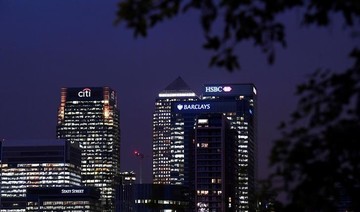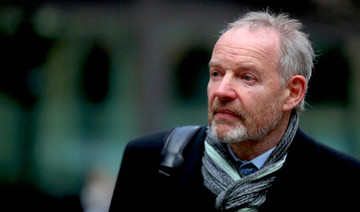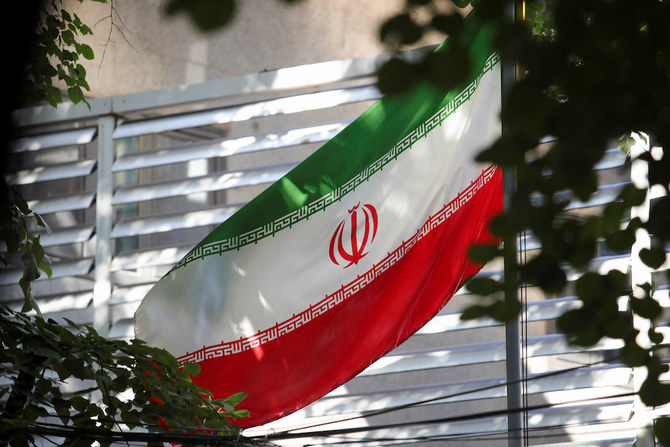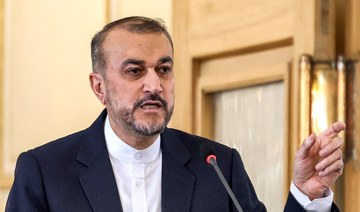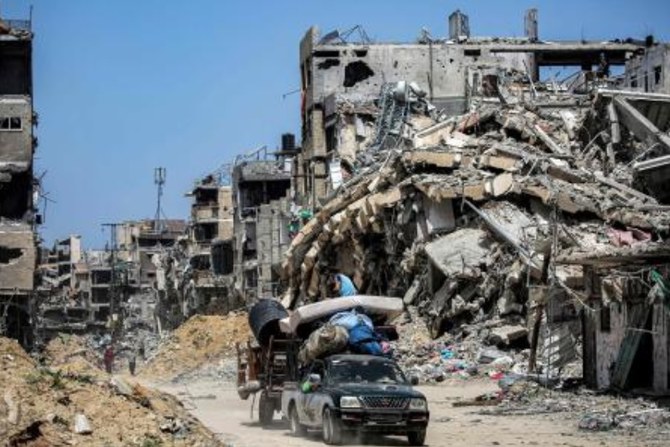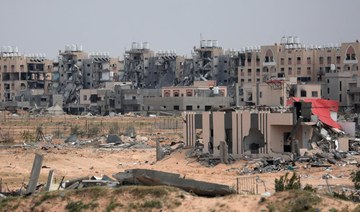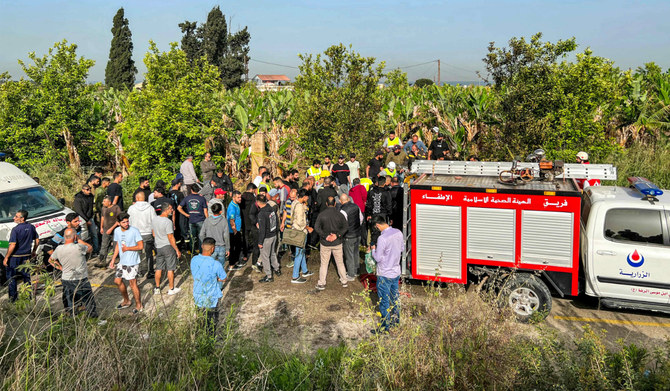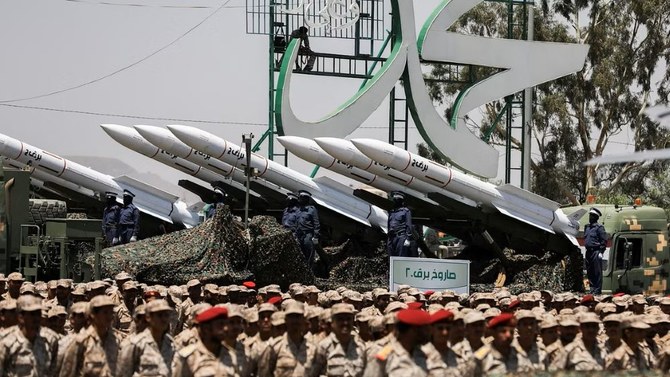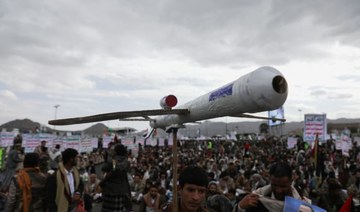CHICAGO: Qatar is investing billions of dollars in American universities, cash-hungry lobbyists in Washington, DC, journalists, mainstream activist groups and policy think tanks in an apparent drive to soften criticism of its activities that researchers focused on terrorism say fuels violent extremism.
The researchers argue that these concerns should have led the discussion that President Donald Trump held with Qatar’s Emir Tamim bin Hamad Al-Thani on July 9 at the White House. Though in the past Trump has criticized Qatar over its support for terrorism, this meeting focused only on economic issues.
Journalist and activist Mike Cernovich, who was involved in exposing the sexual harassment allegations that forced Congressman John Conyers to resign and opened the seat to Palestinian activist Rashida Tlaib in Michigan’s 13th District, released a documentary in March titled “Blood Money: How Qatar Bought off the D.C. Media Establishment” to argue the case for greater scrutiny of Qatar’s activities.
Cernovich has come under attack from liberal writers, including some secretly funded by Qatar’s foreign allies. But Cernovich’s documentary raises serious concerns about how Doha has spread its influence deep into critical US establishments to shape Americans' perception of Qatar, playing down its dubious associations and extremist agenda.
Most of Qatar’s funds are being channeled through Qatar Foundation, which has been criticized for its ties to extremist Islamic ideologies and activists, and for giving hate speech a platform in Doha’s Education City Mosque.
David Reaboi, a national-security consultant based in Washington, DC, has ridiculed Qatar’s attempts to claim a neutral stance when it comes to the Muslim Brotherhood.
CAMPUS CONNECTION
- Qatar Foundation International, NYC
- Brookings Doha Center, Doha
- Georgetown University School of Foreign Service, Doha
- Carnegie Mellon University, Doha
- Northwestern University, Doha
- Texas A&M University, Doha
- Virginia Commonwealth University, Doha
- Weill Cornell Medical College, Doha
“The Brotherhood has found a home in Qatar and, today, they are supporting (and also counting on the support of) every Islamist group and activist in the world.” Reaboi said.
“For them to distance themselves from the Brotherhood in public might be good public relations, but it’s like asking Egypt to distance itself from the pyramids in Giza.”
Among those demanding accountability and transparency in Qatar’s lobbying activities in America is the Foundation for Defense of Democracies (FDD), a US think tank. Varsha Koduvayur, an FDD senior researcher, has called on Trump to act, arguing that Qatar’s emir must “come clean” about its funding of American universities.
“President Trump should tell the emir that America welcomes genuine investments in our education system, but not influence peddling. Trump should explicitly note to the emir that his administration will not tolerate Qatar Foundation’s bad-faith efforts to circumvent federal disclosure rules,” Koduvayur said.
According to Koduvayur, Qatar is not only “meddling” in major universities but also targeting teachers at elementary and high schools (K12), impacting young people and teenagers under the age of 18.
Reaboi, who is interviewed extensively in Cernovich’s “Blood Money,” argued that Qatar’s actions are “detrimental to America’s national interests.”
“When our friends in the Muslim world realized that they were seditious, and had the goal of overthrowing their governments as well, I think that a kind of breakthrough became possible,” Reaboi said.
“Western criticisms of the Brotherhood suddenly made a lot more sense to many Arab citizens, especially in places like Egypt, which had to claw itself out of a Brotherhood takeover. I think there's a broad coalition now of anti-Islamists across the globe, and it's confounding a lot of the pro-Islamist mainstream media and befuddling a lot of so-called Middle East experts.”

Qatar seeks to mold opinion via US universities. (Shutterstock)
Data shows that Qatar is using its funds to mold American public opinion through such universities as Georgetown, Texas A&M, Virginia Commonwealth University (VCU), Cornell, Michigan and Northwestern. Georgetown, VCU, Cornell and Texas A&M have even established branch campuses in Qatar. And Qatar is funding the Brookings Institution, Cernovich says.
These investments have helped Qatar deflect news media attention away from its extremist agenda plus its support for the Muslim Brotherhood, and towards Saudi Arabia, which is leading the criticism of Qatar’s extremist ties.
Qatari investments mainly in real estate and investments in the US exceed $45 billion, according to a January 2019 report from Reuters news agency.
Reaboi said Qatar leads the world in pushing a political agenda through lobbying and media funding.
“Arguably, there’s no other country that’s even half as aggressive in the foreign-influence game as Qatar. Americans should be aware of its dangerous information and influence efforts,” he said.
What makes Qatar’s investments even more suspicious is that Qatar has turned to legal means to prevent state governments from forcing detailed disclosures of how their funds are being used.
Qatar Foundation filed a lawsuit against the Texas attorney general’s office to prevent the state from forcing Texas A&M University to disclose the details of its contract with Qatar.
Doha claimed that the terms of the contract are a “trade secret” and thus exposure could hurt Qatar Foundation’s interests. In the US, private institutions are not required to disclose their contract terms but Texas A&M is a public institution.
Watch the full documentary, Blood Money: How Qatar Bought off the D.C. Media Establishment, on Youtube.






